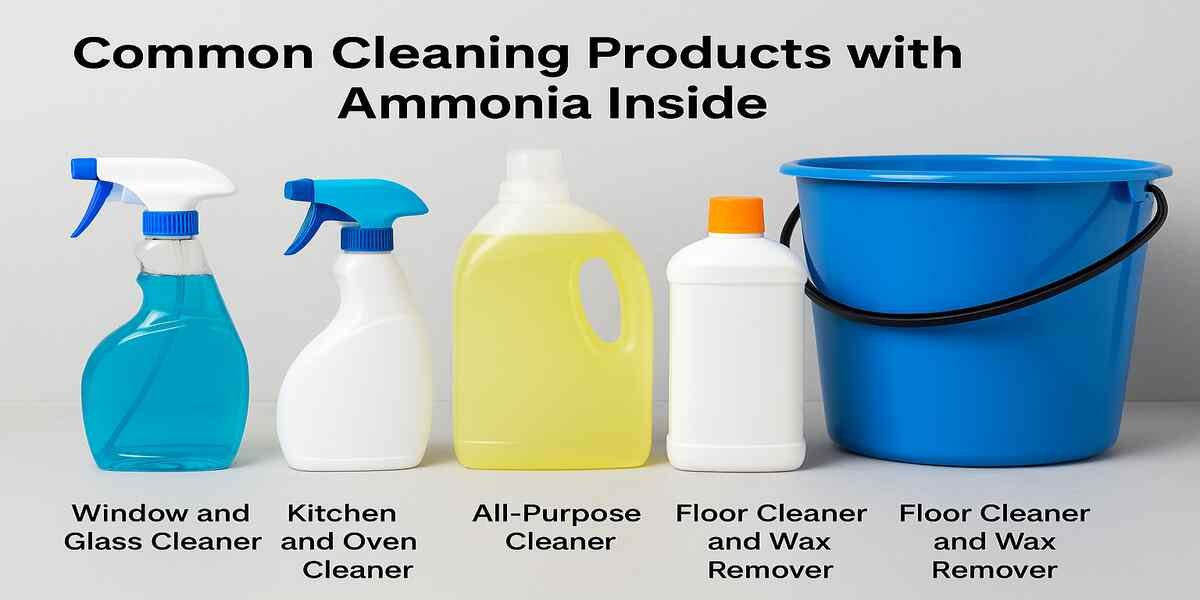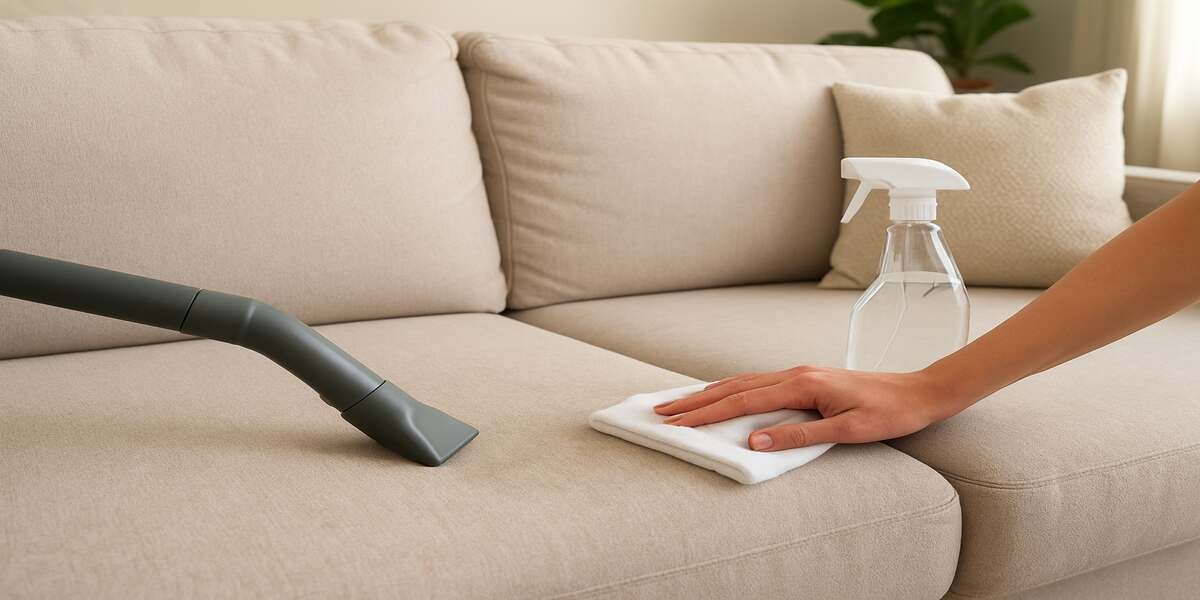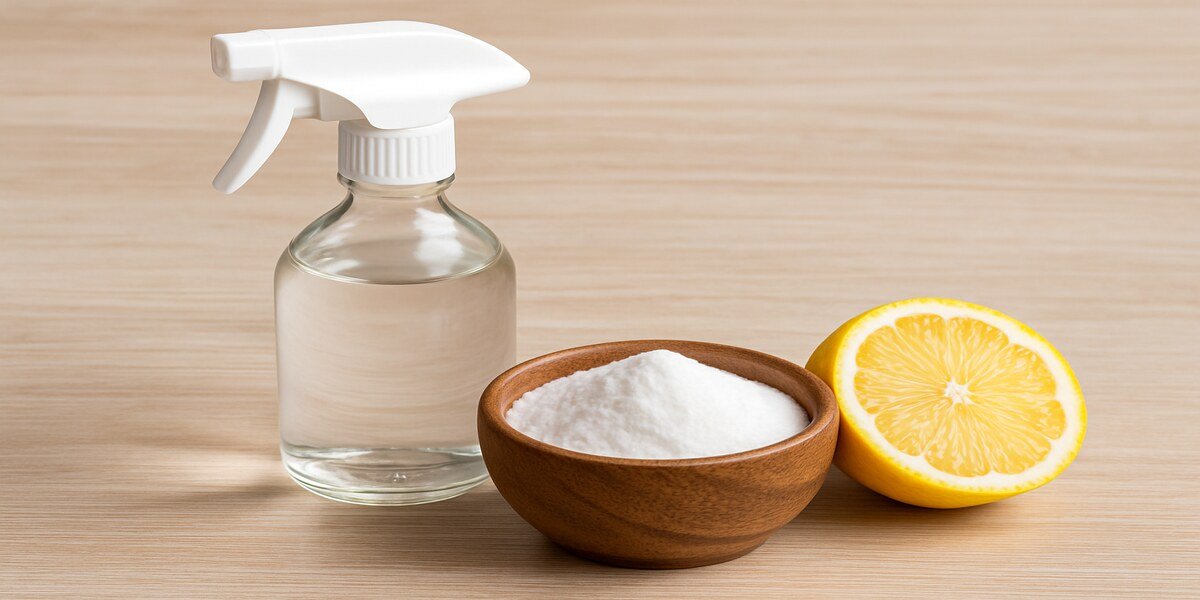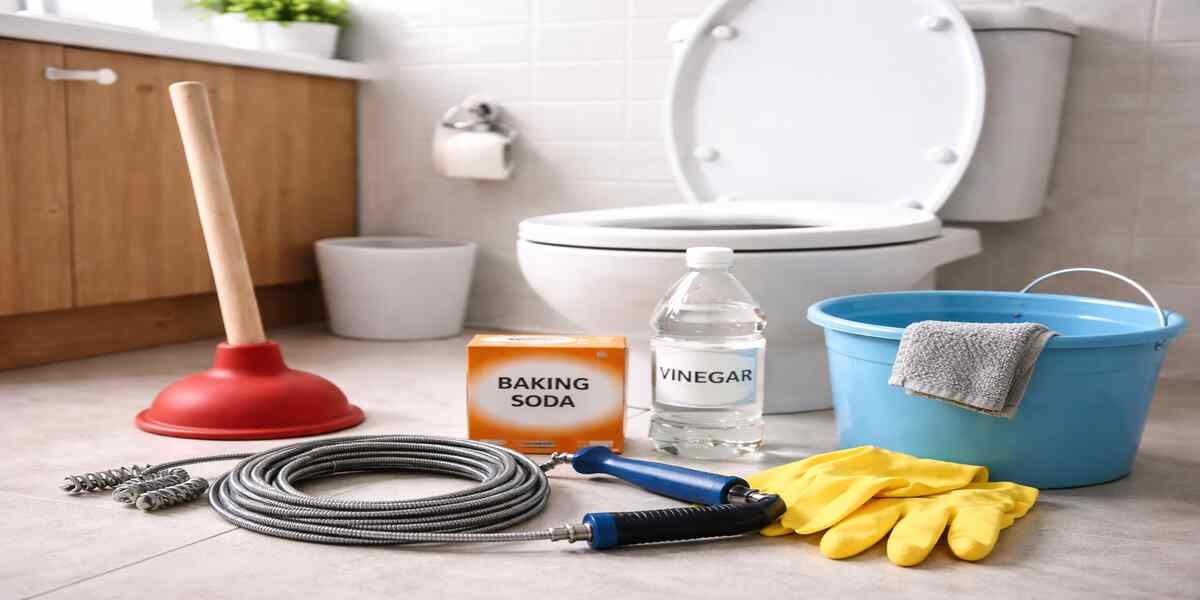Common Cleaning Products with Ammonia Inside
Have you ever loosed a bottle of cleaner and encountered a strong, nose-tingling odor, asking, “What is in this?” It may indeed be an ammonia scent-biased in the realm of household cleaners. Ammonia smells so strong and cleans so well that, for one whole reason or the other, it has been used over the years for grease, grime, and streaking issues. But how many products actually contain it, and why is it so prevalently used?
Knowing where exactly ammonia lies can help you clean more efficiently and safely. This blog will take you through the types of cleaning products that usually have ammonia, as per the recommendations of bond cleaning Perth, why it is so potent, and some safety measures you should consider.
What is Ammonia and Why is it Used in Cleaning?
In a domestic setting, ammonia is a compound which is made by diluting ammonia gas in water and sometimes known as ammonium hydroxide. It is a powerful and fast short acting cleaner that neutralizes dirt, stain as well as grease. In cleaning that requires surfaces with no streaks, a fast evaporation time is welcomed, especially in mirrors and glass. By not leaving any residue, it makes for one of the cleaners that cut messes quite well.
1. Window and Glass Cleaners
One ammonia use for cleaning windows remains well-known. Ammonia is offered as an ingredient by products such as Windex Original, the milky blue liquid. This is because ammonia evaporates very fast so it does not create those unwanted streaks on shiny surfaces, be it mirrors, glass entrances, or car windows. If you want to really achieve a crystal finish, then your cleaner must have ammonia.
2. Kitchen and Oven Cleaners
Ammonia is often an ingredient in heavy-duty kitchen cleaners and oven cleaners. It is Great at getting rid of baked-on grease and food splatter usually found in areas subjected to high temperatures, such as ovens, stovetops, and microwaves. These products must be used in an exceptionally ventilated atmosphere, while gloves are recommended as ammonia’s fumes are a very bad irritant to one’s eyes and lung.
3. All-Purpose Cleaning Agents
Some all-purpose cleaners use ammonia as an ingredient to enhance its grime-busting power. These would be cleaners for tiles, sinks, toilets, and perhaps some stronger ones for countertops, including hard ones like pink and marble. Mr. Clean, Lysol, and many supermarket private labels name their varying formulas to include ammonia, especially with formulas they label as “deep” or “heavy” cleaning.
4. Floor Cleaners and Wax Removers
Ammonia being a strong agent that can cut through old wax and build-up is usually found in stripper formulations for floors and cleaners for vinyl and tile. Such preparations will give the surfaces a good condition for a new polish or a thorough clean, making them favorites among floor cleaners during seasonal bond cleaning Sunshine Coast.
Conclusion
If ammonia were a superhero in the cleaning world, then the powers would be huge and backup window, oven, floor, and other cleaners. So now that you know where this superhero is found and the way it operates, step ahead in the realm of better cleaning and safety. Remember; with great dirt-busting power comes great responsibility!



